Summer is a great time for science exploration. The backyard is the perfect location for mixing Diet Coke and Mentos (search You Tube if you don’t know what I’m talking about), and the weather is relatively cooperative for spending time outdoors. There are abundant species of plants, birds, bugs, and other critters just waiting to be studied, so by adding a few basic supplies, we can turn a boring afternoon into a great learning experience.
The required supplies may surprise you: a pocket-sized magnifying glass is good enough for this project, and some simple drawing supplies complete the list. A small sketchbook and pencil are good for making simple drawings, tracing paper and dark crayons work well for texture rubbings, and a notebook and pencil can serve as your journal for noting what species are found or recording any experiments you try. Toss these into a bag or backpack, along with some bottled water, snacks, bug spray, and sunscreen, and then head out on an exciting trek through the wilderness or a walk around the block, which can yield just as many thrills in the variety of species to be found!
We went on picnics and nature hikes in our favorite parks, but we also found that walking the same route through our neighborhood would reveal new discoveries each time. The trees bloomed and leafed out at different rates in the Spring, flower beds bloomed throughout the seasons, and weeds could be as much fun to identify as anything else. Birds were another category we learned to identify, both by sight and by their songs or calls. Fishing with Dad always gave us opportunities for seeing more natural wonders.
We made rubbings of leaves, we drew sketches of birds and bugs (not very artistic, but good enough to help us look them up later in wildlife reference books), and we studied all sorts of things through a magnifying glass. Sometimes we just sat in amazement and watched the miniature world of an anthill or a pond full of tadpoles. We watched bees and wasps diligently visiting every blossom on an apple tree. We giggled at the antics of squirrels burying acorns, then digging them up again only to bury them in another spot. We listened to the birds and learned to mimic them well enough to have them answer when we called. We sorted a handful of random pebbles into several types of rocks. We carefully pulled flowers apart, petal by petal, to study the intricate designs. The various categories of nature study could fill an entire summer by selecting a different interest each day!
When I was in high school, my science teacher required each student to compile an extensive collection of plants as a year-end project, and each year he increased the number of species! I think the final tally was 40 wildflowers, 40 trees, 10 grasses, and 5 mosses – all different, no duplicates, and we had to label each one with its correct name. My kids loved the idea of being able to identify that many individual species, so we hiked through some of the same areas that I had frequented during high school, just to see if we could find those same plants again. I wish that when I was making my high school collection that I’d had the book we used then. We had a wildlife reference book that covered everything from trees to mushrooms to wildflowers and more creepy-crawlies than you want to know about. There are now many websites for reference, and you can find apps for your smart-phones, too! If you don’t already own or have access to the supplies listed above, visit our Etsy shop to purchase the GFHS Natural Science Mobile Learning Lab, which includes a Usage Guide with many activity ideas.
Here are a few references to get you started:
“Natural Science Mobile Learning Lab” from Guilt-Free Homeschooling
What Bird Is That?
What Tree Is That?
North American Wildlife
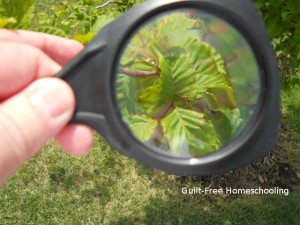
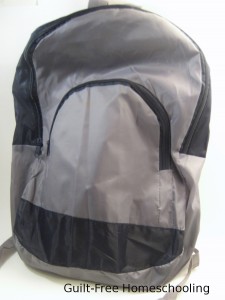
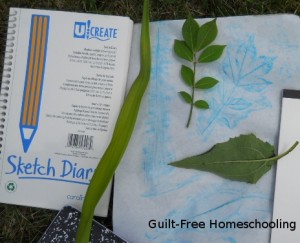
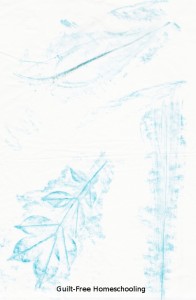
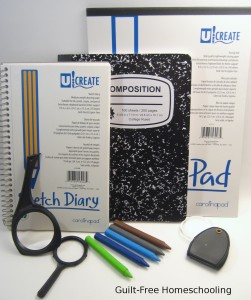
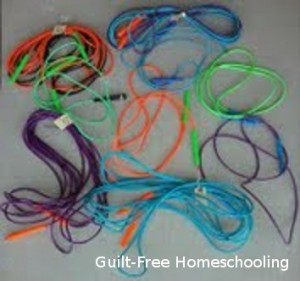
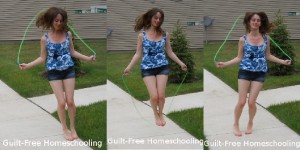
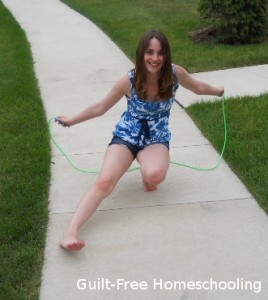
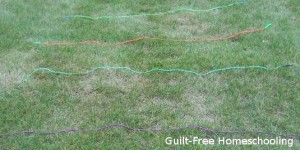
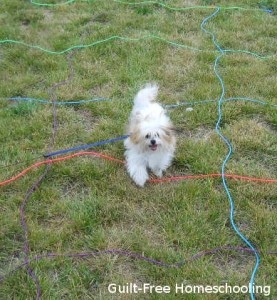
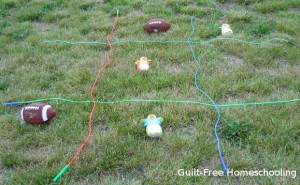
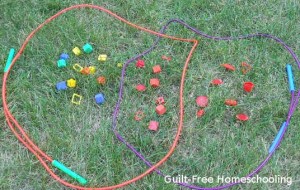
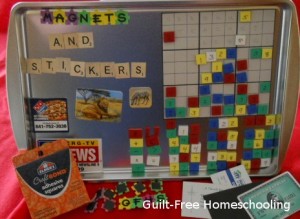
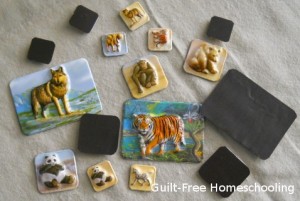
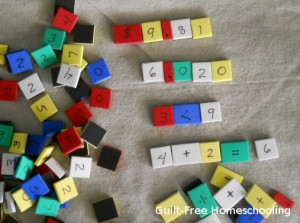
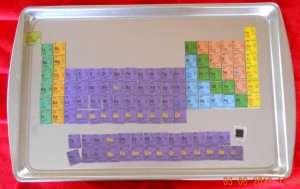
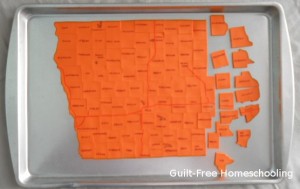
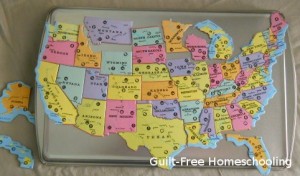
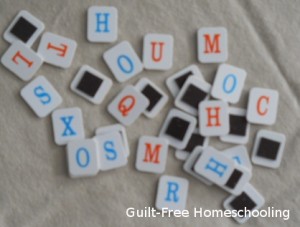


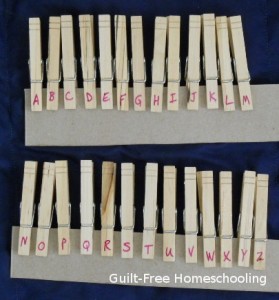
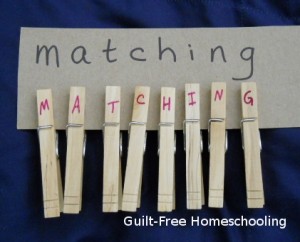
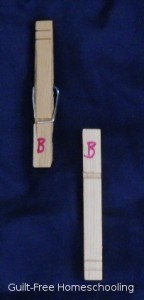
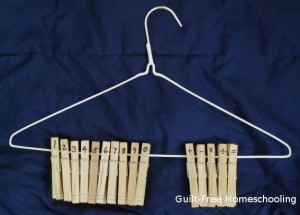

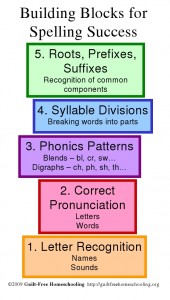
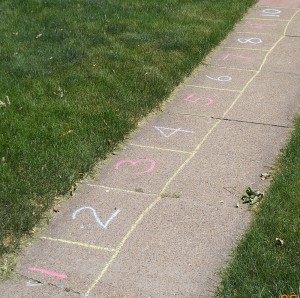
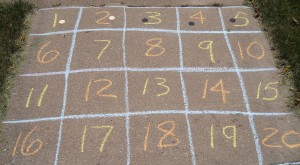
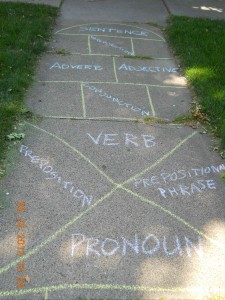
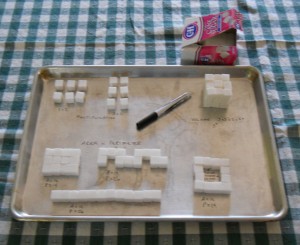


 Guilt-Free Homeschooling is the creation of Carolyn Morrison and her daughter, Jennifer Leonhard. After serious disappointments with public school, Carolyn spent the next 11 years homeschooling her two children, from elementary to high school graduation and college admission. Refusing to force new homeschooling families to re-invent the wheel, Carolyn and Jennifer now share their encouragement, support, tips, and tricks, filling their blog with "all the answers we were looking for as a new-to-homeschooling family" and making this website a valuable resource for parents, not just a daily journal. Guilt-Free Homeschooling -- Equipping Parents for Homeschooling Success!
Guilt-Free Homeschooling is the creation of Carolyn Morrison and her daughter, Jennifer Leonhard. After serious disappointments with public school, Carolyn spent the next 11 years homeschooling her two children, from elementary to high school graduation and college admission. Refusing to force new homeschooling families to re-invent the wheel, Carolyn and Jennifer now share their encouragement, support, tips, and tricks, filling their blog with "all the answers we were looking for as a new-to-homeschooling family" and making this website a valuable resource for parents, not just a daily journal. Guilt-Free Homeschooling -- Equipping Parents for Homeschooling Success!

Recent Comments